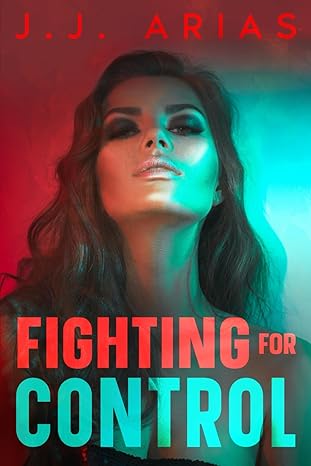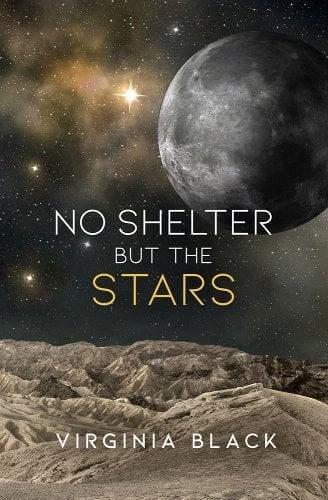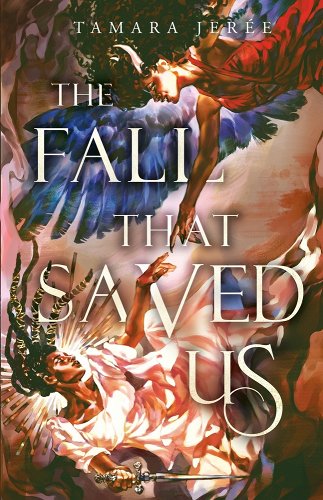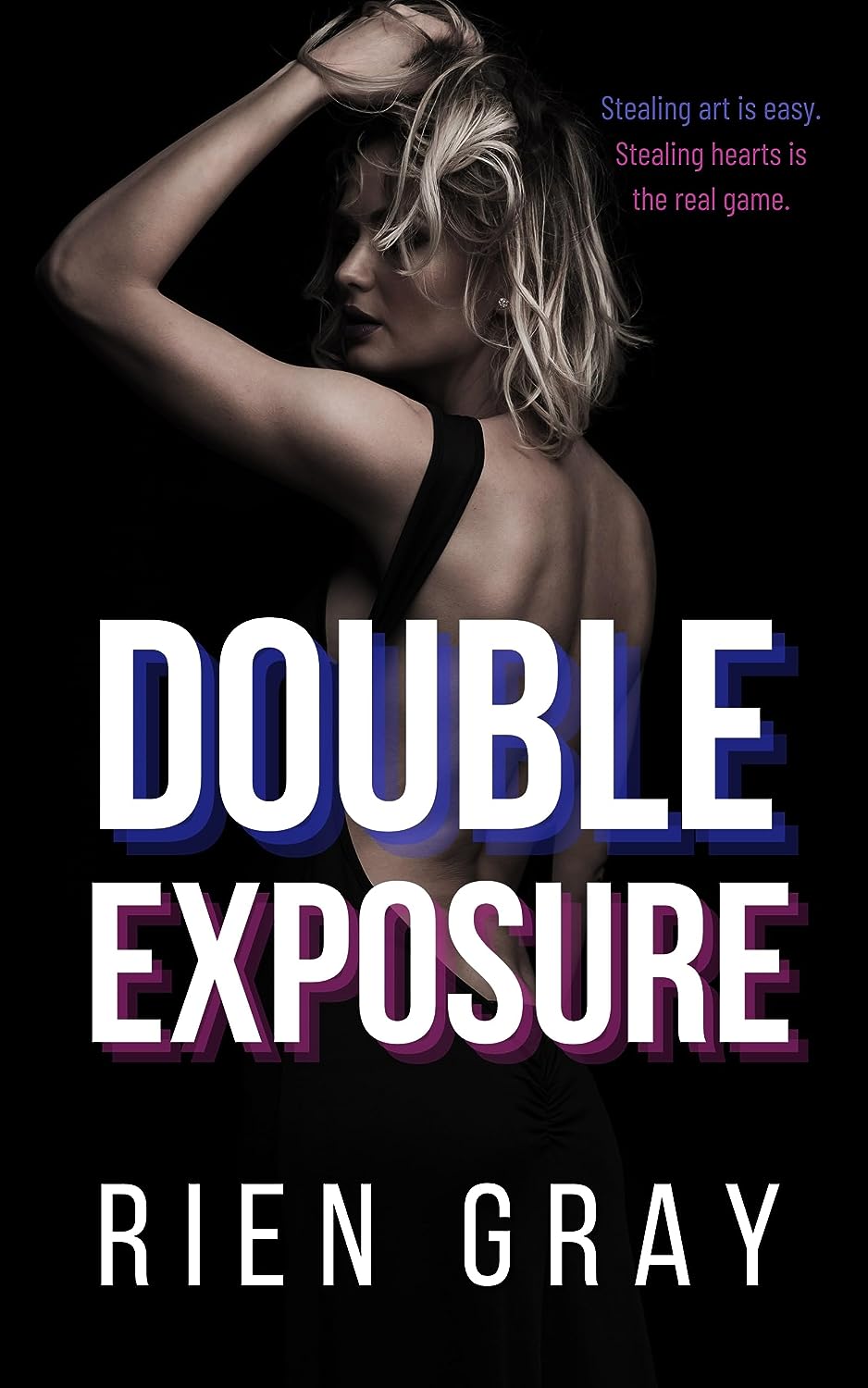Buy this from Bookshop.org to support local bookstores and the Lesbrary! ❝Her online crush, her real-life crush, and the woman who’d crushed her dreams were all the same person, and her mind was still struggling to snap all the pieces into place.❞ Books have always been a part of Rosie Taft’s life. That happens whenRead More
An Enemies-to-Lovers Miami Romance: Fighting for Control by J.J. Arias
Amazon Affiliate Link Fighting for Control by J.J. Arias was published on November 11, 2023 and is the second book in the Dominion series. While I highly recommend reading the first in the series, Losing Control, because it’s a truly amazing book, it is not absolutely necessary to read before this one. It does, however,Read More
The Joy of Demolishing Your Life: Astrid Parker Doesn’t Fail by Ashley Herring Blake
Buy this from Bookshop.org to support local bookstores and the Lesbrary! I read Delilah Green Doesn’t Care almost two years ago and loved it—especially the dynamic between Delilah and Astrid—so I couldn’t tell you why I took this long to read the next book in the series. I still find Astrid to be a fascinatingRead More
Gorgeously Gothic Sapphic Vampires: An Education in Malice by S.T. Gibson
Buy this from Bookshop.org to support local bookstores and the Lesbrary! After sinking my teeth into A Dowry of Blood early last year, I was ecstatic to learn we were going to get more queer, gothic vampires from S.T. Gibson. Once again we are thrown into a sumptuous tale of power, secrets, and blood, this time setRead More
Academic Lovers to Enemies to Lovers: The Headmistress by Milena McKay
Amazon Affiliate Link Everyone knows the old saying, “be careful what you wish for”. For Professor Samantha “Sam” Threadneedle, the main character of Melina McKay’s moody and dark academia romance The Headmistress, that adage becomes very true. Three Dragons Academy, a remote all-girls boarding school that has been her home since she was an orphan leftRead More
F/F Jamaican-Inspired YA Fantasy with Dragons: So Let Them Burn by Kamilah Cole
Buy this from Bookshop.org to support local bookstores and the Lesbrary! Any other Eragon girlies out there? Check out So Let Them Burn, a Jamaican-inspired F/F young adult fantasy that delivered from beginning to end! This moving and action-packed debut has made me a Kamilah Cole fangirl and I can’t wait for the second book inRead More
An Enemies-to-Lovers Space Opera for the Ages: No Shelter But The Stars by Virginia Black
Buy this from Bookshop.org to support local bookstores and the Lesbrary! No Shelter But The Stars by Virginia Black was published on January 23, 2024 and follows Kyran Loyal, the last in her line of family royals for a planet that has been lost to her people for years, and Davia Sifane, a woman fromRead More
Healing Through a Haunting: The Fall That Saved Us by Tamara Jerée
Bookshop.org Affiliate Link The author’s content notes, which also apply to this review: “While Cassiel’s story is focused on healing, heavier themes of trauma and shame are explored to give context to the protagonist’s journey. Please consider the major content notes: cutting scars, brief self-harm ideation, discussion of an eating disorder, family emotional abuse, andRead More
#SapphicSoccerStoryGoals: You Don’t Have a Shot by Racquel Marie
Bookshop.org Affiliate Link You Don’t Have A Shot is sapphic soccer-rivals-to-lovers perfection set in present-day Southern California. If you’re still mourning the fact that the Women’s World Cup is over or you agree that “fútbol is life” a la Danny Rojas from Ted Lasso (but with a queer Latina twist), this book is for you!Read More
A High-Heat Heist: Double Exposure by Rien Gray
Note: While I’ve avoided major plot spoilers, this review is relatively detailed regarding the character arcs and themes. Fittingly enough, I’ve been exposed to Double Exposure by Rien Gray twice. The first time was through the Happily Ever After Collective, which releases monthly romance novellas from a variety of authors. Last year, Double Exposure released to patrons along withRead More



